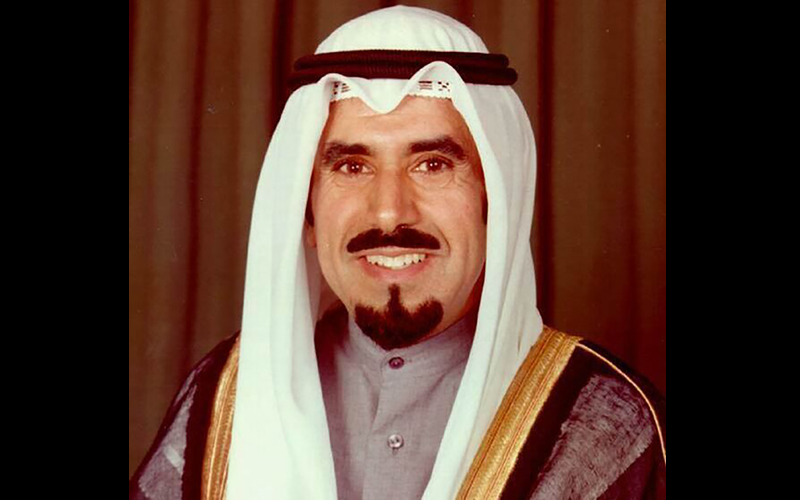Kuwait's ruling emir Sheikh Nawaf Al Ahmad Al Sabah dies at 86

Kuwait City: The ruling emir of Kuwait Sheikh Nawaf Al Ahmad Al Sabah died on Saturday at the age of 86, AP reported.
Kuwait state television interrupted regular programming to broadcast Quranic verses, followed by a solemn announcement from an official confirming the news, the report said.
“With great sadness and sorrow, we — the Kuwaiti people, the Arab and Islamic nations, and the friendly peoples of the world — mourn the late His Highness the emir, Sheikh Nawaf Al Ahmad Al Jaber Al Sabah, who passed away to his Lord today,” Sheikh Mohammed Abdullah Al Sabah, the minister of his emiri court, read the brief statement, the AP report said.
Kuwait's deputy ruler, along with his half-brother Sheikh Meshal Al Ahmad Al Jaber, 83, is considered to be the world's oldest crown prince and is poised to assume leadership in Kuwait, according to the report.
In late November, Sheikh Nawaf was rushed to hospital for an unspecified illness, triggering anticipation and concern in the oil-rich nation. Earlier reports mentioned his visit to the United States for medical checks in March 2021.
The well-being of Kuwait's leaders is a delicate issue in this Middle Eastern country, situated between Iraq and Saudi Arabia, where internal power struggles have been observed within the palace walls.
Sheikh Nawaf became the emir in 2020 after the passing of Sheikh Sabah Al Ahmad Al Sabah, known for his diplomatic skills and peacemaking, causing a profound impact on the region.
Despite Sheikh Nawaf's background as Kuwait's interior and defense minister, his leadership was initially seen as relatively low-profile, and his advanced age raised speculation about the brevity of his tenure.
His focus during his term was primarily on domestic concerns, addressing political disputes and implementing reforms, such as an overhaul of Kuwait's welfare system.
The country faced financial challenges, having limited resources due to its reluctance to take on debt, despite its substantial oil wealth.
In 2021, Sheikh Nawaf issued a significant amnesty decree, pardoning and reducing sentences for numerous Kuwaiti dissidents, aiming to de-escalate a major government standoff. Another decree followed just before his illness, seeking to resolve a lingering political impasse. Kuwait is recognized for having the Gulf's most open parliament, allowing for dissent.
Meanwhile, the Gulf Cooperation Council states, including Qatar, Saudi Arabia, and the United Arab Emirates, restored diplomatic ties after a prolonged boycott of Doha, easing regional tensions and enabling Sheikh Nawaf to focus on domestic issues.
Kuwait, with a population of around 4.2 million people and a size slightly smaller than the U.S. state of New Jersey, possesses the world's sixth-largest known oil reserves.
It has maintained a strong alliance with the United States since the 1991 Gulf War, hosting a significant number of American troops and serving as the forward headquarters of the U.S. Army in the Middle East.



